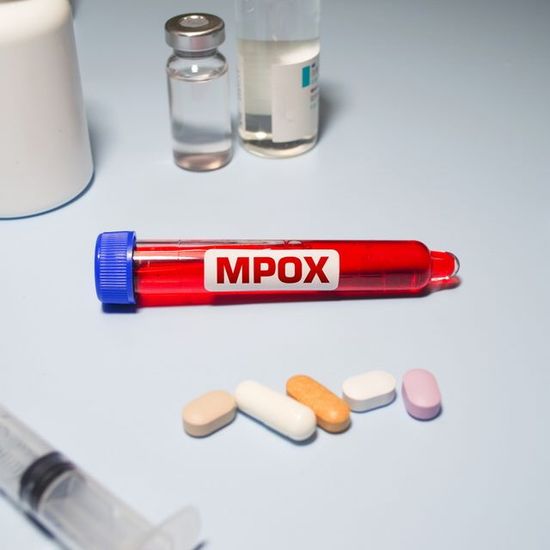Copyright independent

They were found to have the Clade 1b strain which impacted parts of Africa during a major surge in cases last year. In an update today it was confirmed that the cluster of clade Ib mpox cases involved three confirmed and one probable case. “The confirmed cases were two females, and one male, one of whom is a child. The first confirmed case was linked to a person who had recently returned from the Eastern Mediterranean region - the probable case. “There were two cases in close contact with the first case. “All other contacts are well. All cases have recovered. The risk to the Irish population remains low,” said the Health Protection Surveillance Centre today. Clade 1b is different to the Clade 2 form of the virus which has been circulating here since 2022. The disease watchdog said that cases of mpox continue to occur at low levels in Ireland. Most cases notified in Ireland are clade 2b mpox; a very small number of mpox cases notified have been clade I. The Clade 1 mpox strain escalated in the in the Democratic Republic of Congo last year and spread quickly to neighbouring countries leading the World Health Organisation to declare a global public health emergency which was only lifted this month. Small clusters have been observed in other European countries and beyond, usually linked to travel from areas where mpox is spreading in the community. The Clade 1 strain is different to the Clade 2 version. Clade 2 has previously been described as milder and less infectious and 99.9pc of people infected survive. Clade 1 which is a the centre of the cluster of cases in Ireland caused more severe illness and death in central Africa where health systems are less advanced. No deaths have been reported from this strain in Europe. The HSE has not disclosed which region of the country the cluster was detected or the ages and gender of those affected. Common symptoms of mpox include a skin rash or pus-filled lesions, which can last two to four weeks. It can also cause fever, headaches, muscle aches, back pain, low energy, and swollen lymph nodes. Anyone with symptoms should self-isolate and phone their doctor promptly. The advice is that while most cases are mild, early detection and care can help prevent further spread. Mpox can be passed on through close person-to-person contact and through contact with contaminated materials. It may also spread from animals to people in areas where infected animals are found. The HSE said that both clades “are similar in terms of their effect on human health, and there is an effective vaccine available.” People who have recently returned from a country where mpox is circulating in the community are advised to look for symptoms for three weeks and seek medical advice if they have any concerns. Earlier this month the World Health Organisation said a panel created last year in response to the outbreak has advised that the situation no longer constitutes an international emergency,. Director-General Tedros Adhanom Ghebreyesus that “this based on case numbers and deaths steadily declining in the Democatic Republic of Congo and other affected countries, including Burundi, Sierra Leone, and Uganda. “We also have a better understanding of the drivers of transmission, the risk factors for severity, and the most affected countries have developed a sustained response capacity,” he said. “Of course, lifting the emergency declaration does not mean the threat is over, nor that our response will stop,” he added. Globally, there have been more than 34,000 confirmed mpox cases since the beginning of the year, leading to 138 deaths. The countries that have been hit hardest are the Democratic Republic of Congo ,East Africa, and Sierra Leone in West Africa. Several countries beyond the continent including Ireland Britain, the United States, Thailand and India have also reported cases, but they were mainly linked to travel not clusters. While case numbers have dropped by 76 pc since the peak of the epidemic, sporadic outbreaks are still being reported in parts of West, East, and Central Africa. In a recent situation report on the outbreak the World Health Organisation said that at least 21 African countries were seeing ongoing transmission, with different variants of the virus spreading in different parts of the continent. Mpox is primarily spread through close contact, such as sex, skin-to-skin contact and talking or breathing close to another person. Symptoms include fever, body aches and chills as well as characteristic pus-filled lesions, which can develop on the face, hands, chest, and genitals. The death rate is much higher in countries with weaker healthcare systems. In the Democratic Republic of Congo around 3pc of people infected with the virus have died. For more information see Mpox - HSE.ie.



